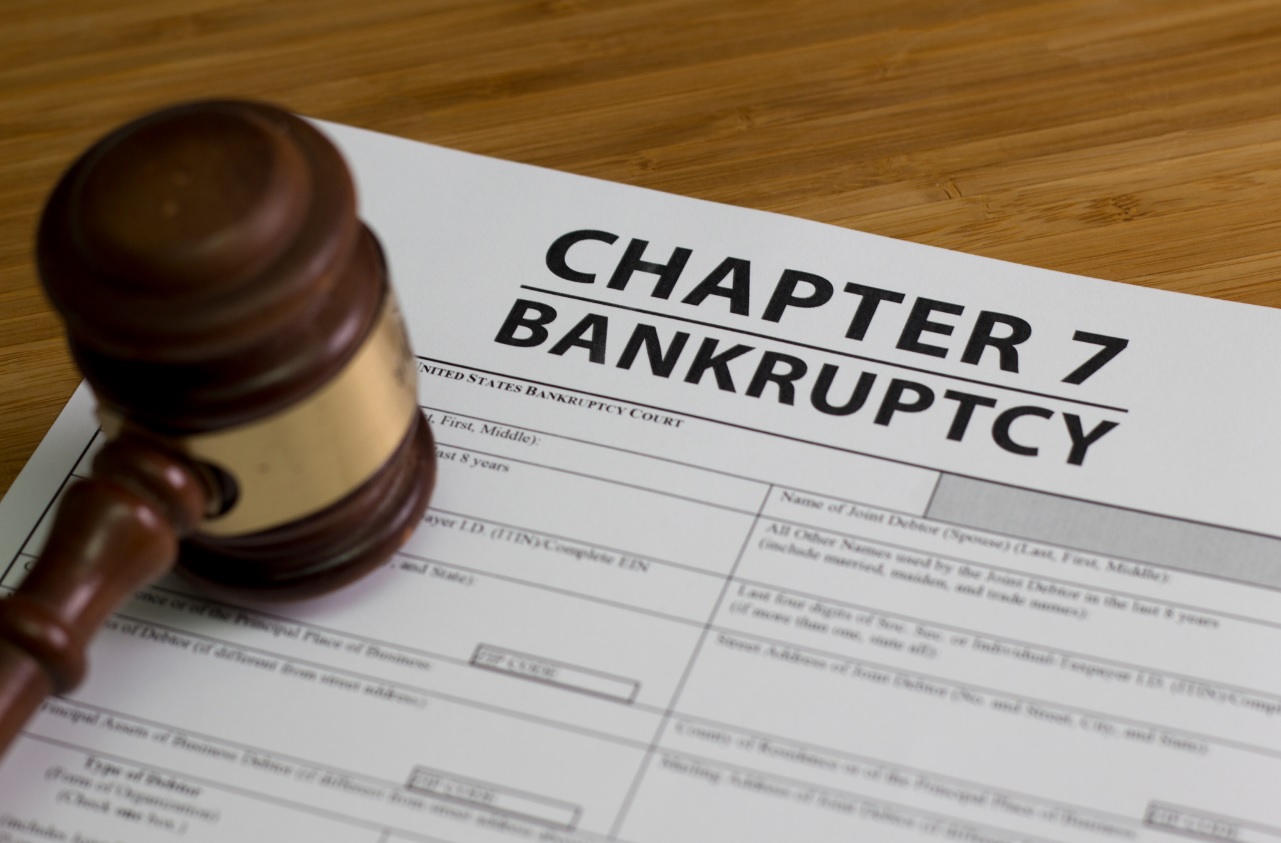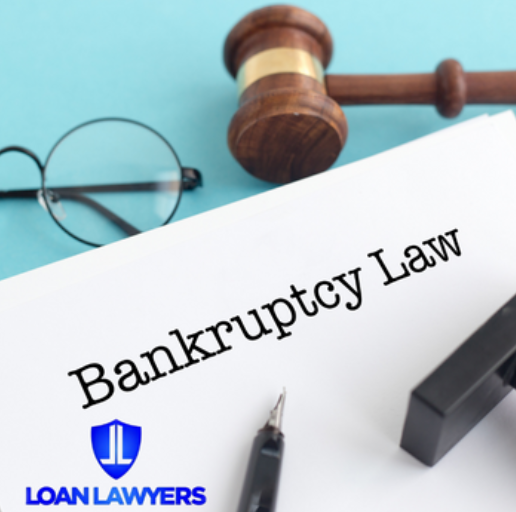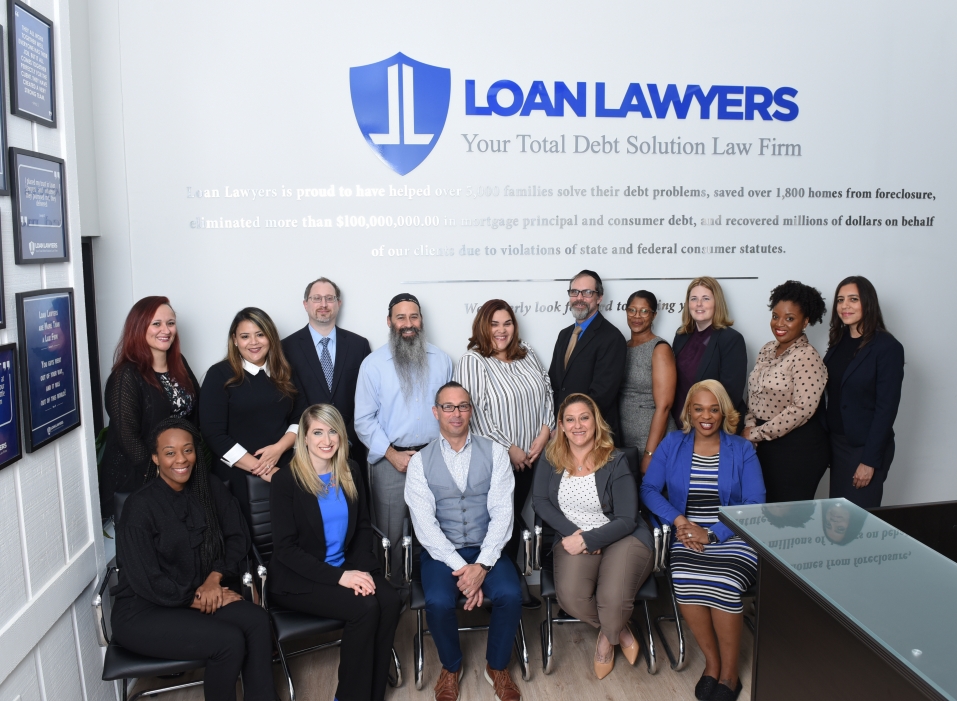If you are burdened by a high amount of debt and you do not think you can pay it off, you may have already considered bankruptcy. Bankruptcy can give you a clean slate and provide you with the opportunity to start rebuilding your credit while also being able to afford your daily expenses more easily. There are many different types of bankruptcies you can file and the one you choose will depend on your goals, the amount of debt you carry, as well as your ability to repay it.
When many people start thinking of bankruptcy, they often first think of Chapter 7 bankruptcy. Chapter 7 is very common, but not everyone is eligible. Below, our Hialeah Chapter 7 attorney explains the process as well as the different laws that govern these cases. Our Hialeah bankruptcy lawyers have helped over 7,000 South Florida clients get out of debt and on solid financial ground.
What is Chapter 7 Bankruptcy?

Chapter 7 bankruptcies are known as ‘liquidation bankruptcies.’ This is because part of the process includes liquidating a borrower’s assets and using the proceeds to repay as much of the debt as possible. However, certain exemptions under state and federal law protect certain assets from liquidation. During the process, any remaining debt that is not repaid through liquidation can be discharged, meaning the debtor is no longer responsible for paying it. Certain types of debt cannot be discharged, including tax debt and child support.
The Means Test in Chapter 7 Bankruptcy
Only certain people qualify to file Chapter 7 and to be eligible, you must pass the means test. In 2005, there were many changes to the federal Bankruptcy Code and one of the most significant was the inclusion of the means test. The means test was added to prevent people from filing bad faith Hialeah Chapter 7 bankruptcy cases. Before the change was made, anyone could file Chapter 7, even those with disposable income, except for in the most extreme cases. Filing in bad faith means that a borrower can pay at least 25 percent of their unsecured debt within the next five years.
Determining if you pass the means test starts with examining whether your monthly income is more than the average throughout Florida. If your monthly income is less than the average, you have the option to file Hialeah Chapter 7 bankruptcy. If you earn more than the average monthly income, you will have to qualify under the means test before proceeding with your Chapter 7 case. The means test is meant to determine whether you have enough income to repay your debt. A Hialeah Chapter 7 bankruptcy attorney can further explain the means test and whether you qualify under it.
Both individuals and businesses can file Chapter 7. It is important to note that any business can file without the requirement to first pass the means test. The law regarding the means test applies only to individuals.
How Does Chapter 7 Bankruptcy Work?

Filing Chapter 7 bankruptcy may seem overwhelming, but knowing a bit about the Chapter 7 bankruptcy process beforehand can help relieve some stress. While no two bankruptcy cases are exactly alike, the steps in the process include:
- Meet with a Hialeah Chapter 7 bankruptcy lawyer: You are not required to work with a Hialeah attorney when filing Chapter 7 bankruptcy. Having legal representation, though, can ensure your case proceeds as smoothly as possible. A Hialeah Chapter 7 attorney can also examine your financial situation, determine if you will qualify under the means test, and explain the process.
- Filing your case: After a Hialeah Chapter 7 bankruptcy lawyer has determined that you qualify for Chapter 7, they will help you prepare all of the necessary paperwork and make sure your case is filed properly.
- The assignment of the bankruptcy trustee: Once the court has received your case, a judge will assign a bankruptcy trustee to your case. The purpose of the trustee is to oversee the administration of your case and determine if you have any assets that can be sold to repay the creditors and debt collectors you currently owe. The trustee can also take certain action against third parties to recover property that belongs to the bankruptcy estate.
- The First Meeting of Creditors: Also known as Section 341, the First Meeting of Creditors is a short informal meeting with the trustee that has been assigned to your case. During the meeting, the trustee will ask you many questions about your assets, liabilities, and the reason you are filing Chapter 7 bankruptcy. The creditors you owe will also have an opportunity to object to certain debts you want discharged.
- Objections to exemptions: After the First Meeting of Creditors, the trustee has approximately 30 days to object to any exemptions you have claimed on your assets. If the value of your assets is greater than the value of allowed exemptions, the trustee can try to liquidate your non-exempt assets to distribute the proceeds among your creditors. If this occurs, a Hialeah Chapter 7 attorney can work with the trustee and negotiate a resolution that allows you to keep any assets considered non-exempt.
- The discharge order: If no objections have been made in your case, a judge will issue an order of discharge 60 days after the First Meeting of the Creditors. The order will discharge all eligible unsecured obligations.
It is important to understand that the above process is a general one and each step may not apply to every case. Although many cases take only 90 to 100 days from the date of filing to conclude, the timeline of a case depends entirely on the unique facts of the case.
Call Our Experienced Chapter 7 Attorneys Near You

At Loan Lawyers, our Hialeah Chapter 7 bankruptcy lawyers have successfully helped many clients throughout Florida obtain the debt discharge they need. We can put that experience to work for you, too, so you can obtain the same debt relief and secure your financial future. Call us now at (954) 523-4357 or fill out our online form to schedule a free review of your case with one of our knowledgeable attorneys and to obtain the legal advice you need.
Hialeah Chapter 7 Bankruptcy Reviews
⭐⭐⭐⭐⭐ I am amazed at how fast and easily Loan Lawyers helped me with my Bankruptcy.. Jason and Yanique we’re absolutely the best of the best! I want to thank you both for all your help. If you are thinking about Bankruptcy you have picked the right place LOAN LAWYERS ARE AMAZING! – Janice B.
Read more of our Google reviews.





















